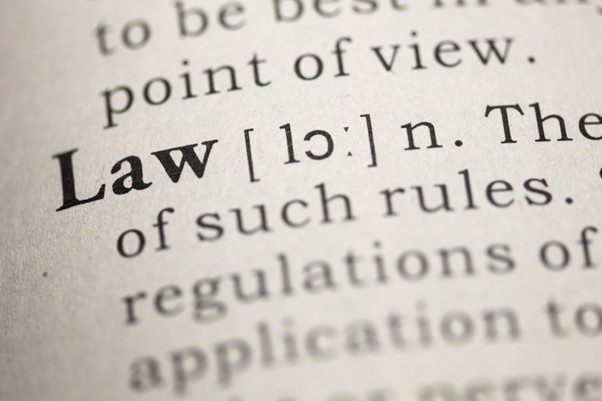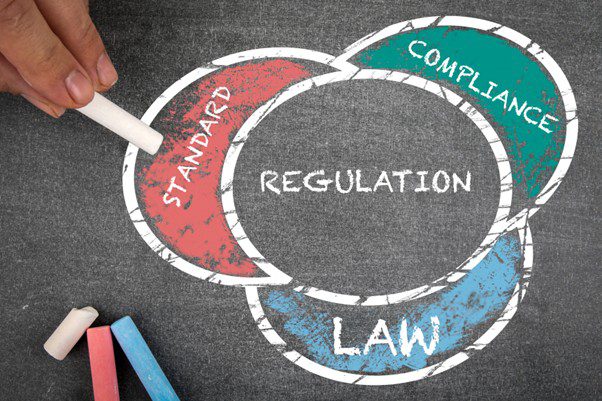
By Will Reeves, Health & Safety Consultant at THSP
On 3 April 2025, the UK’s Terrorism (Protection of Premises) Act 2025 – widely known as Martyn’s Law – received Royal Assent. This landmark legislation strengthens the nation’s preparedness against terrorist attacks, placing new legal duties on organisations responsible for certain premises and events.
For the first time, venues will be legally required to plan how they would respond to an attack, with larger venues also needing to assess vulnerabilities and introduce proportionate security measures.
Martyn’s Law is the result of tireless campaigning by Figen Murray OBE, whose son Martyn Hett tragically lost his life in the 2017 Manchester Arena attack. The legislation ensures lessons are learned and that public venues are better equipped to protect lives.
Who Does the Law Apply To?
Qualifying Premises
A premises is in scope if it meets all of the following:
- There is at least one building (or the premises are in a building).
- The premises are wholly or mainly used for a Schedule 1 activity (e.g. restaurant, shop, sports ground, place of worship, hotel, entertainment venue).
- It is reasonable to expect at least 200 people may be present at one time, at least occasionally.
- The premises are not excluded under Schedule 2 of the Act.
- Standard Duty Premises: 200-799 people expected.
- Enhanced Duty Premises: 800+ people expected.
Qualifying Events
An event falls within scope if it:
- Takes place at qualifying premises (including open land).
- Is accessible to the public.
- Is expected to host 800+ people at once.
- Has entry controls (e.g. ticket checks).
- Is not excluded under Schedule 2.

Who Is the Responsible Person?
- Premises: the individual or organisation in control of the site in connection with its primary use.
- Events: the party in control of the premises for the purpose of the event.
Example: A concert promoter leasing a park for an event becomes the responsible person. If a stately home runs its own concert, it remains the responsible person.
What Are the Requirements?
Standard Duty Premises (200-799 people)
The responsible person must:
- Notify the regulator (the Security Industry Authority – SIA).
- Have in place appropriate public protection procedures covering evacuation, invacuation, lockdown, and communication with those on site.
- Ensure a reasonable place of safety is available – secured with one-way access and an immediate escape route.
These measures must be reasonably practicable and designed to reduce harm in the event of an attack.
Enhanced Duty Premises (800+ people) & Large Events
In addition to the above, responsible persons must:
- Conduct a risk assessment of vulnerabilities.
- Implement proportionate security measures to reduce risks.
- Maintain documented security plans.
Regulation and Enforcement
A new regulatory function within the SIA will oversee compliance. This includes providing support and guidance, but also using enforcement powers such as:
- Compliance notices
- Monetary penalties (up to £10,000 for standard premises and £18 million for enhanced duty premises)
- Restriction notices
- Criminal sanctions in cases of serious non-compliance
Implementation Timeline
The Act will not come into force immediately. A 24-month implementation period has been set to allow:
- Establishment of the regulator.
- Publication of guidance (designed to be accessible and not reliant on specialist consultants).
- Time for venues and organisers to plan and prepare.
Key Takeaways for Duty Holders
- Identify if your premises or events fall in scope (200+ people threshold).
- Determine your tier: Standard Duty (200-799) or Enhanced Duty (800+).
- Clearly assign the responsible person.
- Begin preparing public protection procedures now.
- Keep up to date with government guidance during the 24-month lead-in period.

How We Can Help
As a Health & Safety consultancy, THSP can support organisations by:
- Assessing whether your sites or events are in scope.
- Developing proportionate evacuation, invacuation, lockdown, and communication plans.
- Preparing documentation to meet SIA notification and compliance requirements.
- Training staff to fulfil Martyn’s Law duties effectively.
Early preparation will not only ensure compliance but most importantly help save lives in the event of an attack.
Self-Assessment Checklist for Duty Holders
1. Scope
- Have you confirmed whether your premises or events fall within the 200+ people threshold?
- Have you determined whether you fall under Standard Duty (200-799) or Enhanced Duty (800+)?
2. Responsible Person
- Has the responsible person been clearly identified for each site or event?
- Are their duties and accountabilities documented?
3. Procedures
- Do you have evacuation, invacuation, lockdown, and communication plans in place?
- Have these plans been tested and communicated to staff?
- Is the reasonable place of safety suitable, secure, and able to prevent unauthorised access?
4. Risk Assessment
- For Enhanced Duty Premises, have vulnerabilities been assessed?
- Have proportionate protective measures been implemented?
- Have individual needs (e.g. PEEPs, accessibility under the DDA) been considered?
5. Documentation & Notification
- Have you notified the SIA of your qualifying premises or events?
- Are protective security measures documented and up to date?
6. Training & Awareness
- Have staff been trained on public protection procedures?
- Do you have a refresher programme and ongoing awareness training in place?
- Have drills been run to test the effectiveness of the plan in practice?
7. Compliance & Review
- Do you have a process for regularly reviewing and updating security measures?
- Are you monitoring government updates as they are released?
Conclusion
Martyn’s Law represents one of the most significant changes to UK safety legislation in recent years. Duty holders cannot afford to wait until enforcement beings – preparation must start now.
At THSP, we work with organisations across the UK to ensure compliance with new legislation and protect the people who matter most.
For practical guidance on Martyn’s Law and tailored support for your premises or events, call our team today on 03456 122 144.
